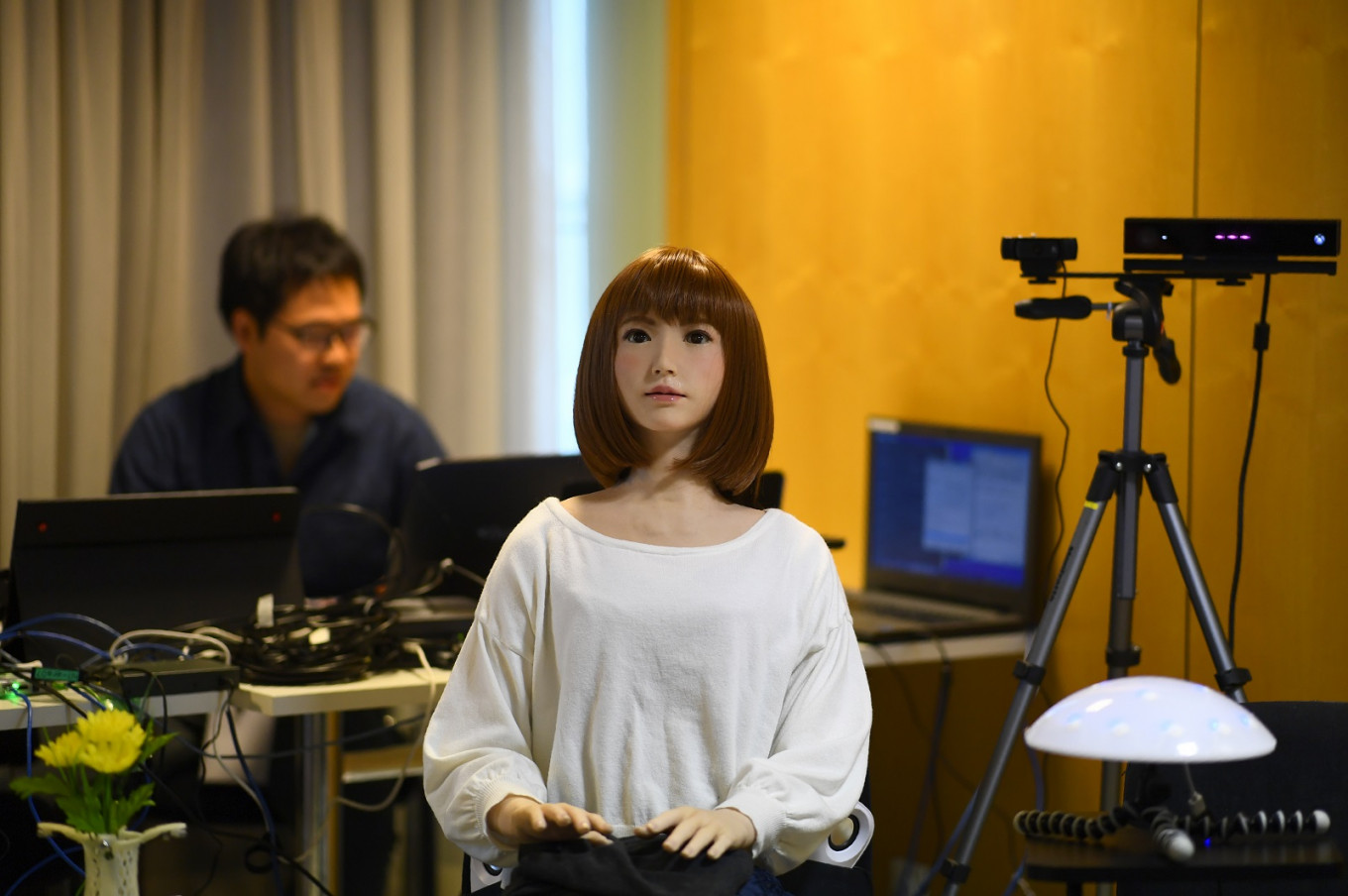Q&A
Over 50% want to form a ‘family’ with robotic sex dolls
a report robot sex doll It circulated online last week. As many as 42 percent would choose to form a “family” with a robotic sex doll, the report said.

TiDio, a foreign artificial intelligence company, recruited more than 1,200 people as a survey group, and found that 40% of them said they could “fall in love” with robot sex dolls, 35% said they didn’t like it, and others maintained a neutral wait-and-see attitude. Men are overwhelmingly men who agree. More than 50% of those who agreed were men, while only 33% were women.

However, this is likely to be just a case of self-conjecture and assumptions, in fact, only 39% of people think they will interact with technology products such as artificial intelligence, or even start a family.

Robots are developing rapidly, Premium Sex Dolls It is a branch of the robot application range. Dr David Levy, founder of the International Robotic Love and Sex Conference, said in an earlier interview that once sex dolls can talk, discuss and obey like humans, then “they” have the right to love freely.

“Gamers have a feeling of love for their sex dolls, so I think there’s a lot of potential for more people to fall in love with ‘sex’ versions of robots, but the technology isn’t quite there yet,” said Dr. Levy.

In an interview, he also made a bold prediction, “I am very convinced that by 2050, there will be ‘artificial humans’ that can conduct conversations as smoothly as human conversations.”

Of course, artificial intelligence and robots are not only used for sex toys. According to the TiDio survey, some people are deeply anxious about the role of artificial intelligence and automation in the economy. When asked which jobs are most likely to be replaced by AI, 63% of respondents said cashiers would be replaced, followed by drivers (51%) and translators (42%).

Meanwhile, more than 60% said they would use self-driving AI cars in congested traffic environments. Gender differences in perceptions of AI are reflected throughout the study. Men are twice as likely to trust artificial intelligence as women, including allowing robots to operate on themselves or teach children to read in the future.















